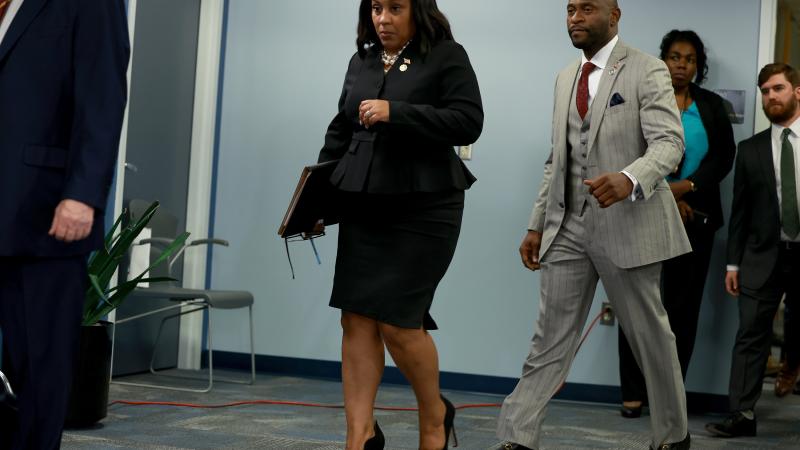Sen. Ted Cruz introduces bill expanding tax-deferred educational savings plans
The bill has a wide range of support from educational and parental rights groups.
U.S. Sen. Ted Cruz, R-Texas, has introduced the Student Empowerment Act to expand a tax-deferred education savings plan previously expanded under the first Trump administration.
The three-page bill would amend the Internal Revenue Code of 1986 to permit kindergarten through grade 12 educational expenses to be paid from a 529 account. A 529 account is a tax-advantaged savings account originally created as a way to help parents save money to cover colleges expenses. It allows for tax-exempt withdrawals at the federal level and in some states for qualified education expenses.
The bill would expand the 529 coverage to include costs for curriculum, books, instructional and online educational materials, tutoring and nationally standardized achievement test fees. It also would add a range of educational therapies for the disabled, including occupational, behavioral, physical and speech-language therapies provided by a licensed or accredited practitioner or provider.
It also would authorize the funds to be used for students enrolled in or attending elementary or secondary public, private or religious schools and for those who are homeschooled.
“School choice is the civil rights issue of the 21st century, and throughout my Senate tenure, I have been proud to lead the fight for educational freedom,” Cruz said. “The Student Empowerment Act is commonsense legislation that will expand access to 529 savings accounts and empower American families to best meet their children’s learning needs. I urge my colleagues to swiftly pass it.”
The bill has several Republican cosponsors in the Senate. U.S. Rep. Kevin Hern, R-OK, introduced a companion bill in the U.S. House.
In 2017 and 2019, under the first Trump administration, Congress passed legislation to expand 529 plans to include K-12 education and apprenticeship programs. In 2019, Congress passed the Setting Every Community Up for Retirement Enhancement (SECURE) Act and in 2022 the SECURE 2.0 Act authorizing 529 funds to be used to repay student loans and make Roth IRA contributions.
“President Trump’s tax cuts expanded the success of 529 accounts that enabled millions of Americans to invest their hard-earned dollars towards their children’s educations,” Hern said. “Expanding 529 accounts is a game-changer for education, giving students, workers, and families the freedom and opportunity they deserve, whether that’s in a traditional classroom setting or homeschool. It’s time to make education more affordable and meet the evolving needs of our workforce.”
Cruz and Hern argue the bill restores the original purpose of the Student Opportunity Amendment to re-include homeschool families to ensure all families are able to use 529 savings accounts to pay for their child’s elementary and secondary education.
The IRS allows contributors to make two types of 529 payments through education savings plans or prepaid tuition plans. Available in all 50 states, they’re administered by state governments.
The College Savings Plan Network publishes comparative information about 529 plans offered in all 50 states.
In Texas, for example, there are three: a Direct-Sold Savings Plan (Texas Colleges Savings Plan); Advisor-Sold Savings Plan (LoneStar 529 Plan) and Prepaid Plans (Texas Tuition Promise Fund).
In Oklahoma, there are two: direct- and advisor- sold savings plans, Oklahoma 529 and OklahomaDream 529, respectively.
The bill has a wide range of support from educational and parental rights groups.
Home School Legal Defense Association president James Mason said it will “allow parents to save their own money in these tax-advantaged accounts to pay for homeschool and private school expenses for their children. This bill supports homeschool families and ensures that homeschoolers are treated fairly.”
National Microschooling Center CEO Don Soifer said it “represents an important step forward by allowing more families the opportunity to use 529 plans to pay for microschooling, and to take advantage of new learning opportunities springing up in communities in all 50 states.”
Michele Exner, with Parents Defending Education Action, called it a “common-sense” bill and “smart policy” that “offers more financial flexibility to choose an academic setting that will help their children thrive.”
















